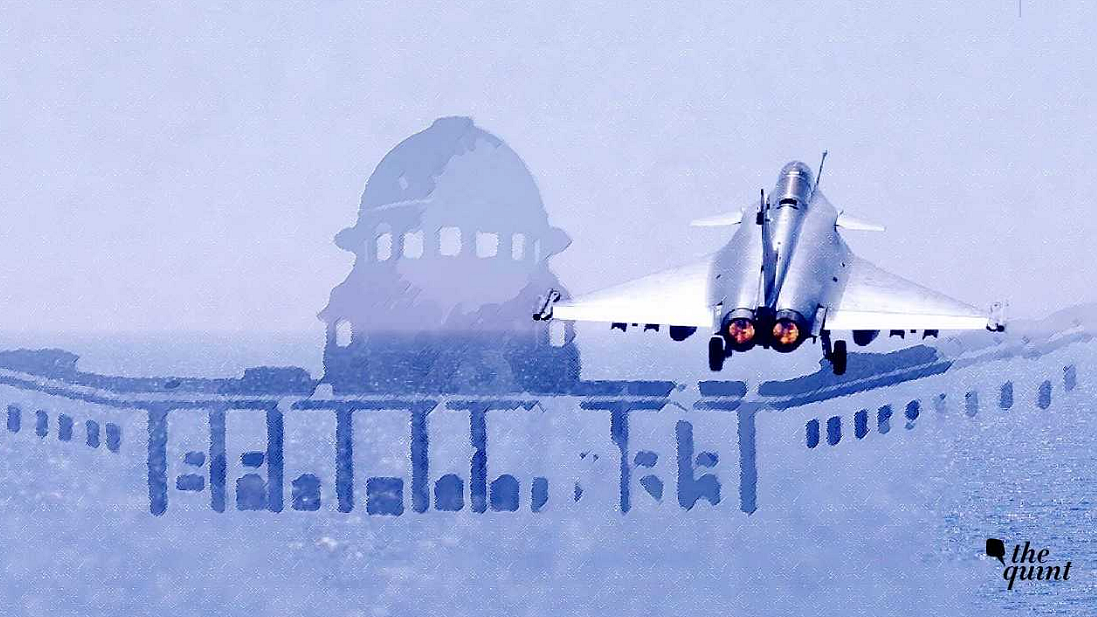SC’s Rafale Judgment: Senior Lawyers’ Take On ‘Misinterpretation’
Uproar after Congress alleges govt “misleading” SC by presenting wrong facts about the CAG report in its affidavit.

advertisement
A grammatical interpretation may have rendered a wrong Supreme Court judgment in the Rafale matter, say some legal experts. Others are of the view that the error can be easily corrected without undermining the judgment itself.
On 14 December, the Supreme Court dismissed a clutch of petitions, seeking a probe into the Narendra Modi government's purchase of Rafale fighter jets.
When arriving at that decision, the Supreme Court examined the issue of the transaction price. The Modi government's purchase has been alleged to be more expensive than the order approved by the previous government. The court noted in its order that pricing had been assessed by the Comptroller and Auditor General, whose report was placed before the Parliamentary Accounts Committee.
Parliament’s PAC Chairman and senior Congress leader Mallikarjun Kharge accused the government of “misleading” the apex court by presenting wrong facts about the CAG report in its affidavit filed with the court when arguments were on.
Pricing of defence aircraft being a sensitive matter, the government affidavit on it was given to the court in a sealed cover.
This error in the judgment is one of fact. Will it lead to a simple correction in the order text or will more have to be done? BloombergQuint spoke to several senior lawyers for their views.
Mukul Rohatgi, Former Attorney General
“This is just a political storm in a tea cup.”
This is not something that can impact the final conclusion of the court, Rohatgi said.
“According to me, this erroneous writing was an inadvertent error and it has got nothing to do with the basis of the judgment. I am sure it will be corrected, and it is a political ‘hungama’ that is been created on the judgment. I don’t think it is fair for anybody to criticise the judgment,” he added.
KTS Tulsi, Senior Advocate And Rajya Sabha MP
“It’s a misleading report.”
Tulsi refused to accept that it was a clerical error and said the judgment needs to be recalled.
Indira Jaising, Senior Advocate
“Since no such report exists, the reasoning goes, it’s no judgment in the eyes of law.”
With this, Jaising said, the main reason that was the basis of the judgment is gone.
Sidharth Luthra, Senior Advocate
The new development can be used by the petitioners to seek reversal of the order in the review hearing, Luthra said.
(This article was originally published in BloombergQuint)
(At The Quint, we question everything. Play an active role in shaping our journalism by becoming a member today.)